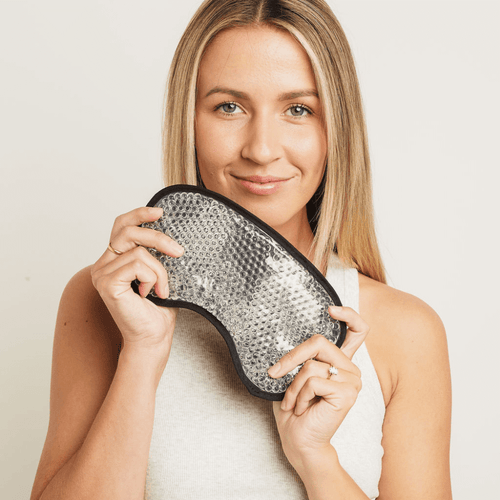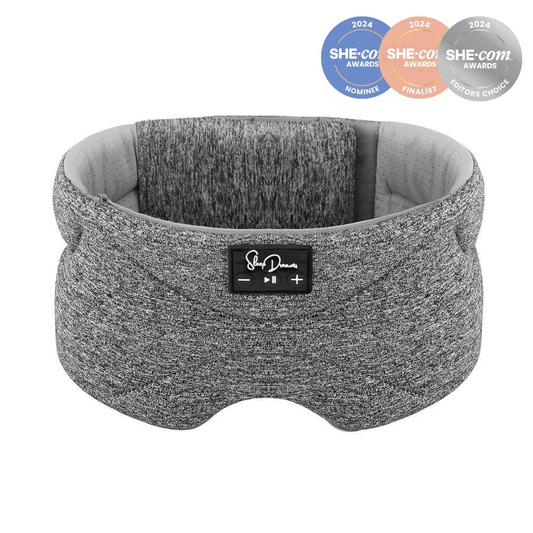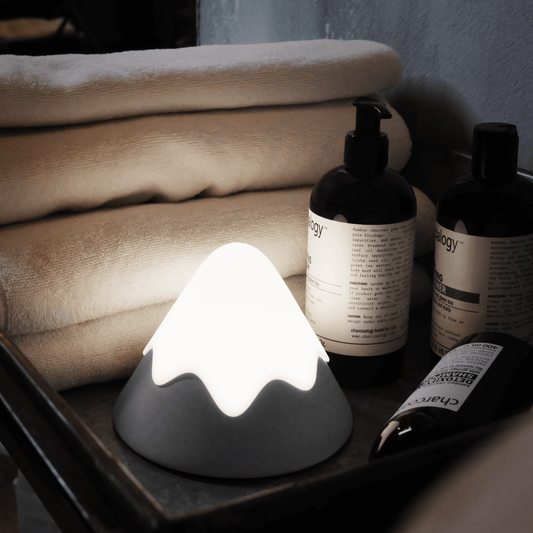Do you snore? Do you wake up feeling groggy and unrested? If so, you may be one of the millions of Australians who suffer from sleep apnea. Sleep apnea is a serious condition that causes your breathing to stop and start throughout the night, preventing you from getting a good night's sleep. If left untreated, sleep apnea can lead to fatigue, wrinkles, high blood pressure, heart problems, and in worse cases sadly can lead to death.

Fortunately, there is a treatment for sleep apnea: Continuous Positive Airway Pressure (CPAP) therapy.
CPAP therapy uses a machine to deliver a steady stream of air to your lungs, keeping your airway open and preventing you from snoring or experiencing pauses in your breathing. In this blog post, we're going to take a deep dive into everything you need to know about CPAP machines—what they are, how they work, and why you may need one. So grab a cup of tea and settle in—it's time to learn about CPAP!
What is CPAP?
CPAP stands for Continuous Positive Airway Pressure. It is the most common treatment for sleep apnea, and it is considered the gold standard by doctors worldwide. A CPAP machine delivers a steady stream of air through a hose to a mask that covers your nose and mouth (or just your nose). The air pressure keeps your airway open so that you can breathe normally throughout the night.
This differs from an APAP machine which is built to fluctuate within a range of different pressures. This adjusts to the minimum pressure needed to keep the airways open. Your sleep specialist or doctor will advise you on which is best for you.
How Does CPAP Work?
A CPAP machine has three main components:
• The tubing that carries the air from the machine to the mask
• The mask that covers your nose and/or mouth
• The motor that powers the machine
A CPAP machine is powered by a motor that runs on electricity and plugged into your mains outlet. The motor creates pressure that pushes air through the tubing and into the mask, keeping your airway open so you can breathe normally throughout the night.
To use a CPAP machine, simply put on the mask before you go to bed and turn on the motor. The motor will draw air from the room and push it through the tubing at a constant pressure. The constant pressure keeps your airway open so that you can breathe normally—and without snoring!—throughout the night.
Types of CPAP Masks
There are three main types of masks: full-face masks, nasal masks, and nasal pillows.
Full-face masks cover both your nose and mouth.

Nasal masks only cover your nose.

Nasal pillows rest at the base of your nostrils and provide airflow through two small cushions.

The type of mask you use will depend on your personal preferences as well as what works best for you medically. Your doctor or sleep specialist can help you choose the right mask for you.
Why Would I Need a CPAP Machine?
If you have sleep apnea, chances are good that your doctor will recommend CPAP therapy. Sleep apnea can be a serious condition that can lead to fatigue, high blood pressure, heart problems, stroke, and even death. Therefore, it's important to treat as soon as possible. In many cases, CPAP therapy is the best—and most effective—treatment.
Is CPAP Therapy Right for Me?
If you think you may have sleep apnea, it's important to see a doctor or sleep specialist as soon as possible. They will be able to determine whether or not you have sleep apnea and—if so—what treatment options are best for you. In some cases, lifestyle changes such as losing weight or sleeping on your side may be enough to treat mild cases. However, if lifestyle changes aren't enough or if you have moderate or severe sleep apnea, chances are good that your doctor will recommend CPAP therapy.
Are CPAP machines noisy and disruptive?
CPAP therapy does not have to be noisy. There are many different types of masks available, and many of them are quiet and discreet. In addition, some machines come with built-in noise-cancelling features that help to reduce the sound of the motor. If you're having trouble sleeping because of the noise from your machine, talk to your doctor or sleep specialist about getting a quieter mask or machine.
There's no doubt about it: CPAP machines are an effective treatment for sleep apnea. If you have been diagnosed with by a doctor or sleep specialist, chances are good that they will recommend this therapy. While it may take some time to get used to wearing a mask while you sleep, most people find that the benefits of using a CPAP machine far outweigh any inconveniences.




















